Scott Isbell had been smoking weed since he was 17. By the time he turned 19, he was having difficulty setting goals and meeting deadlines at college. His grades had dropped from A’s to B’s and he was losing friends. Still, none of it seemed important enough to give up marijuana — until he started theater class.
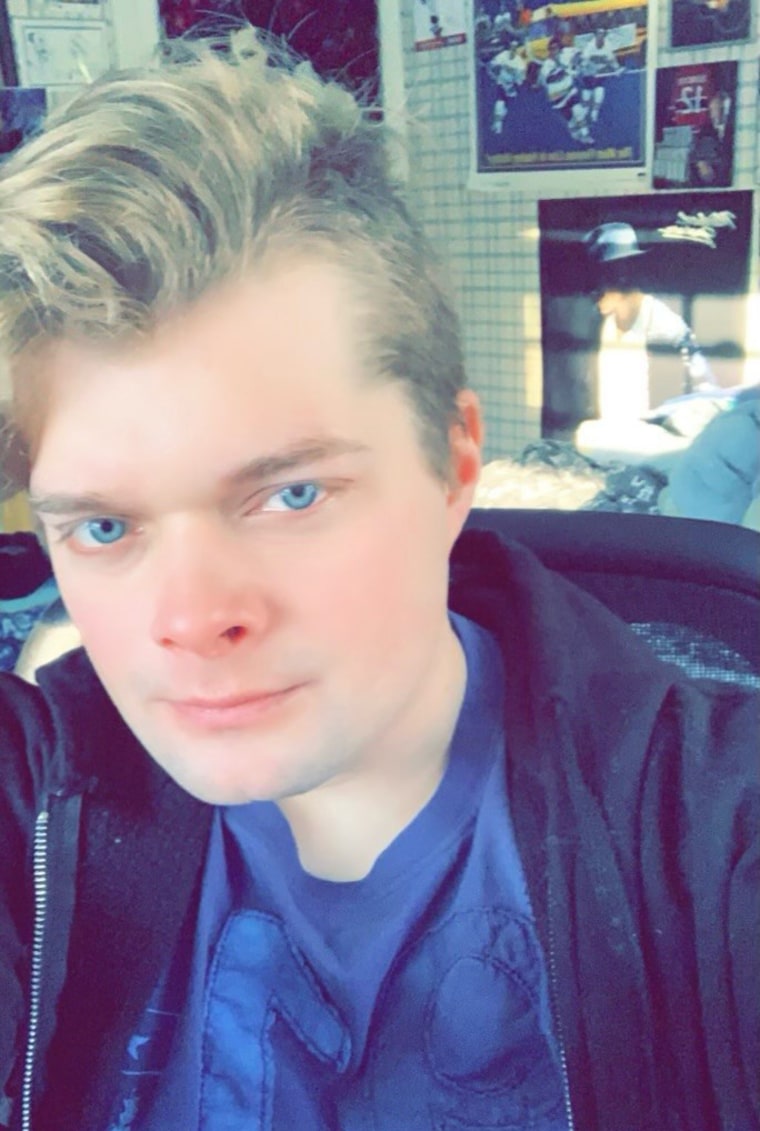
“The class involved acting and memorizing things and I couldn’t remember anything,” said Isbell, now 27, and a communications expert and TV producer living in Concord, Massachusetts. “It was embarrassing. I felt like I was always playing catch up. My brain was stalled.”
Isbell sought help from the adolescent addiction program at Boston Children’s Hospital where doctors and therapists helped him cut back his cannabis use.
A recent analysis of previous research on the impact of cannabis on young’s people’s cognition found that many of the known learning and memory difficulties — such as slowed processing speed, and difficulties in focusing — could linger for weeks. Verbal learning, retention and recall were especially affected for longer periods when the person was no longer high, researchers from the University of Montreal found.
Marijuana taps into existing brain systems that use endocannabinoids, cannabis-like substances that occur naturally in the body, said Dr. Sharon Levy, director of the Adolescent Substance Use and Addiction Program at Boston Children’s Hospital and an associate professor of pediatrics at Harvard Medical School. “When you consume cannabis you’re really flooding the system with the psychoactive plant chemical THC (tetrahydrocannabinol), which in the short term is really great at hijacking the brain’s reward system.”
But it’s not just the immediate cognitive problems that have some scientists worried. There’s also a suggestion that cannabis use in teen and young adult years may have lasting residual effects.
Numerous studies suggest that young people who use cannabis have worse outcomes in a variety of life domains, such as academic and job performance, Levy said. The findings of those studies have been controversial, however, because it’s not possible to know whether the cannabis caused the bad outcomes or people destined to have bad outcomes were drawn to cannabis.
“The problem here is that you can’t do a randomized, controlled trial of 100 kids where 50 are told to smoke cannabis and 50 are told not to,” Levy said.
While some research indicates that states that have legalized recreational marijuana use don’t have higher rates of teen consumption, about 22 percent of U.S. high school students reported using cannabis in the past 30 days, according to the most recent data from the Centers for Disease Control and Prevention.
In adolescence the brain is especially vulnerable, said Staci Gruber, director of the Cognitive and Clinical Neuroimaging Core and the Marijuana Investigations for Neuroscientific Discovery (MIND) at McLean Hospital. “Almost anything can change the trajectory of brain development,” added Gruber, who is also an associate professor of psychiatry at Harvard Medical School. “If you can protect your brain from everything, not just cannabis, it’s best for the brain. What parents should be saying is not ‘just say no’ but rather ‘just not yet.’”
Not everyone is convinced that cannabis causes bad outcomes, said Dr. Igor Grant, distinguished professor in the department of psychiatry and director of the Center for Medicinal Cannabis Research at the University of California, San Diego.
“It’s the whole chicken-and-egg question,” Grant said. “When you look at twin studies, you don’t find any difference between the twin who started using and the one who didn’t. So I’m not persuaded that (there are cognitive deficits like) longterm memory loss.”
Regardless, there are reasons to be concerned about its short-term impact on teens and young adults, said Dr. Nora Volkow, director of the National Institute on Drug Abuse.
“If you look at the effects of the drug on teenagers, you need to consider, for example, what happens when a teen uses cannabis and then fails a test,” Volkow said. “If the teen gets exposed to many failures they may lose self-esteem. And so the consequences can go beyond the use of the drug in the moment.”
Volkow urges parents to be vigilant.
“If you see a change in the behavior of your kid, you should look into it,” she said. “You should not assume this is just a teen being a teen.”
Experts also warn about teen brains exposed to high potency marijuana.
“The cannabis of today is very different,” said Carrie Cuttler, an assistant professor in the department of psychology and director of the Health and Cognition lab at Washington State University. “Back then cannabis had maybe 3 percent THC, now we’re seeing as much as 90 percent in some samples.”
Those high dose products can cause vomiting severe enough to lead to hospitalization and episodes of psychosis, said Levy, who was a researcher for a study published in JAMA Pediatrics that found almost half of teen participants had experienced paranoia, anxiety or hallucinations while using cannabis.
An answer to the cannabis chicken-and-egg question may be coming. In 2015, the National Institutes of Health launched the Adolescent Brain Cognitive Development Study. Researchers invited 11,880 children ages 9 through 10 to join the study, which is tracking their biological, behavioral and brain development with MRI scans through adolescence and into young adulthood.
In the meantime, parents who believe their kids are experiencing cognitive problems from marijuana use might want to seek out cognitive remediation therapy, said Dr. Antoine Douaihy, an addiction psychiatrist and a professor of psychiatry and medicine at the University of Pittsburgh School of Medicine.
“CRT is a behavioral training-based intervention that helps improve the underlying neuropsychological functions affected by cannabis use, such as attention span, memory, information processing, executive function, decision-making and social cognition (crucial for social functioning and interpersonal relationships),” Douaihy said.
Although he’s in a better place now, Scott Isabell wishes he’d never tried cannabis.
“It’s everywhere in society now,” he said. “And once somebody’s hooked, it’s hard to break habits.”

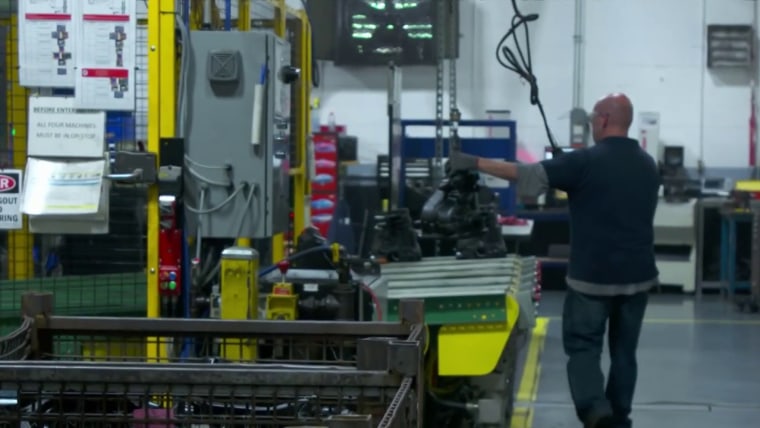

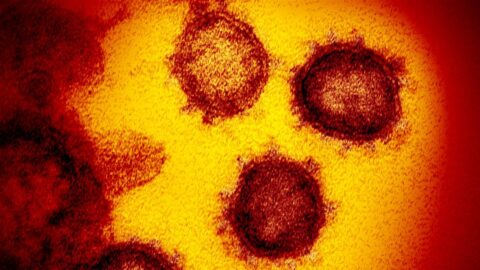
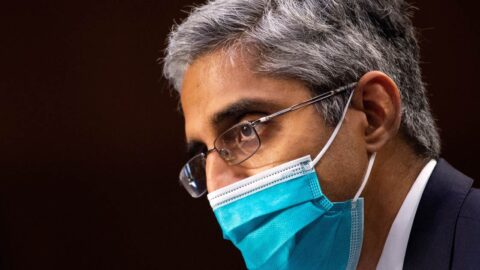

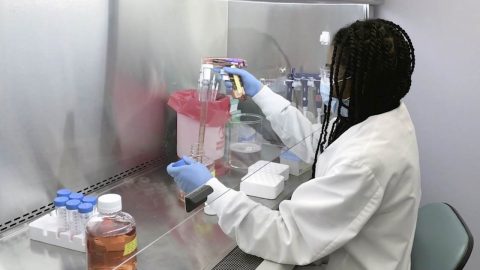
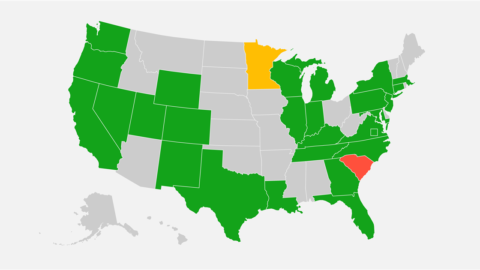
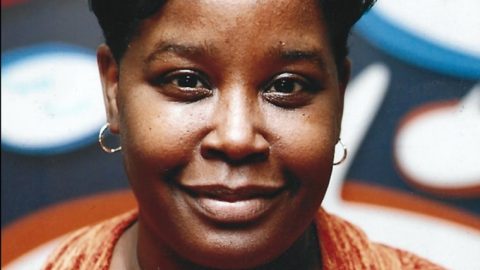

Recent Comments